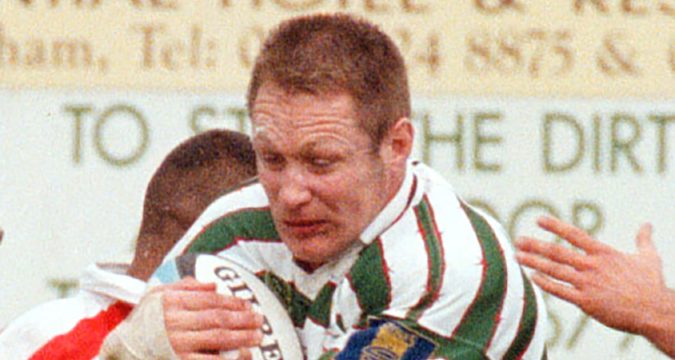 Dual-code Wales forward Mark Jones has died at the age of 59. In 2023, he spoke to League Express about how his aggressive style of play stemmed from battling a stammer.
MARK JONES had a reputation that crossed both codes of rugby, as one of the hardest of hard men.
His aggressive style of play could - and often did - cross the line, bringing
Dual-code Wales forward Mark Jones has died at the age of 59. In 2023, he spoke to League Express about how his aggressive style of play stemmed from battling a stammer.
MARK JONES had a reputation that crossed both codes of rugby, as one of the hardest of hard men.
His aggressive style of play could - and often did - cross the line, bringing Mark Jones: How the hardest of hard men battled a debilitating stammer
 Dual-code Wales forward Mark Jones has died at the age of 59. In 2023, he spoke to League Express about how his aggressive style of play stemmed from battling a stammer.
MARK JONES had a reputation that crossed both codes of rugby, as one of the hardest of hard men.
His aggressive style of play could - and often did - cross the line, bringing
Dual-code Wales forward Mark Jones has died at the age of 59. In 2023, he spoke to League Express about how his aggressive style of play stemmed from battling a stammer.
MARK JONES had a reputation that crossed both codes of rugby, as one of the hardest of hard men.
His aggressive style of play could - and often did - cross the line, bringing 